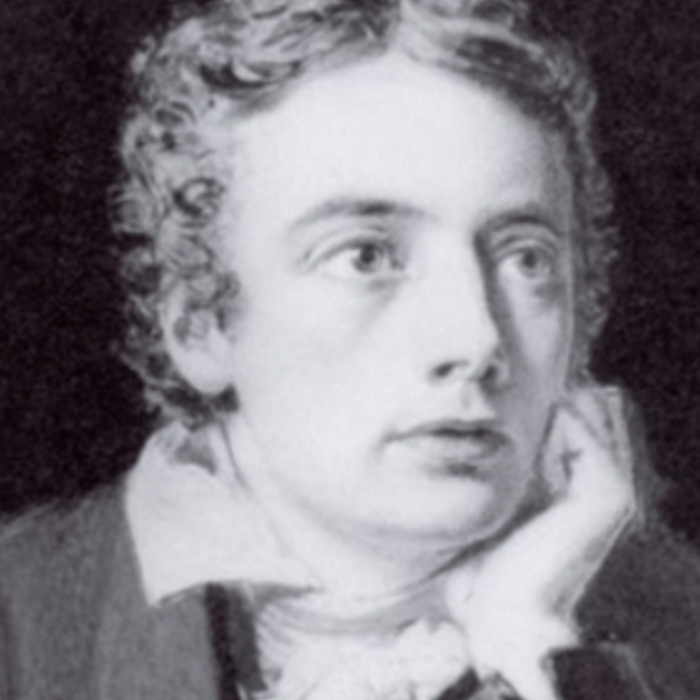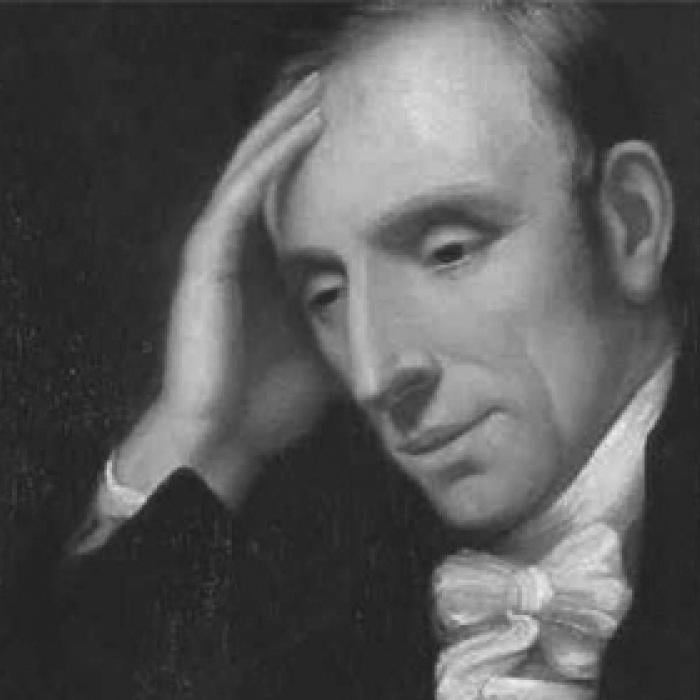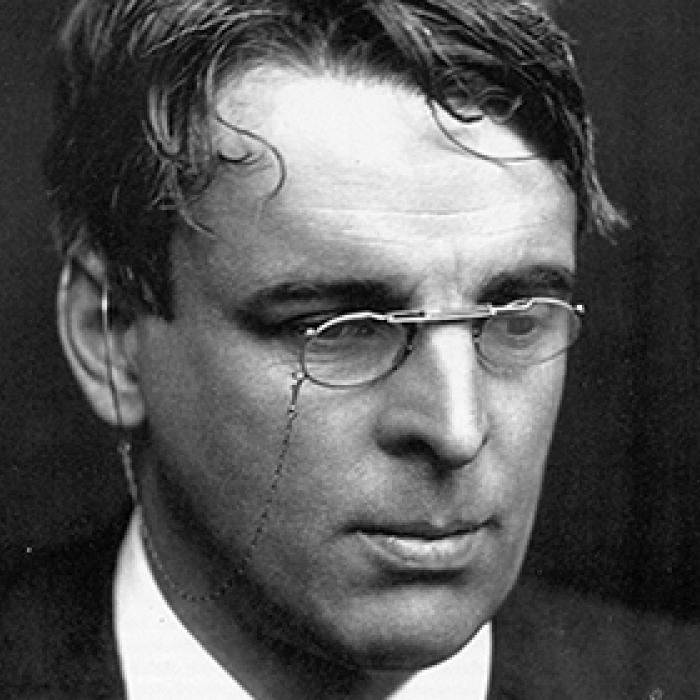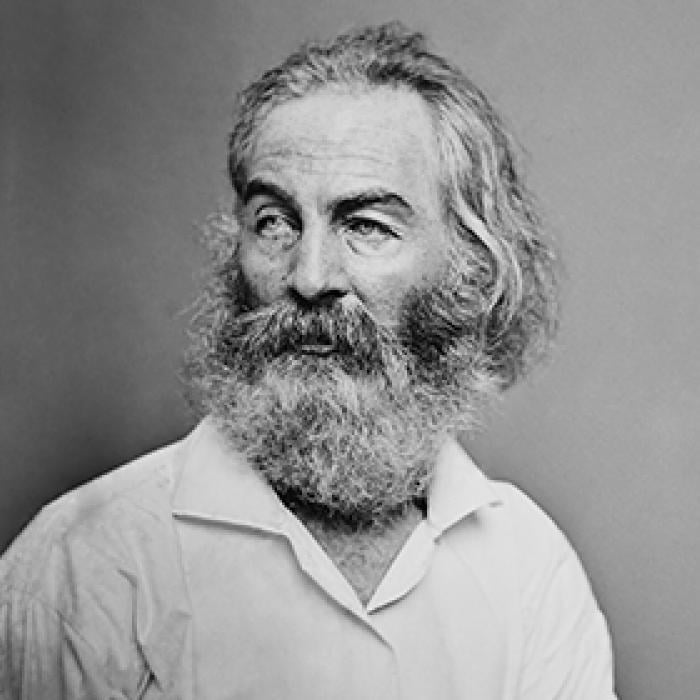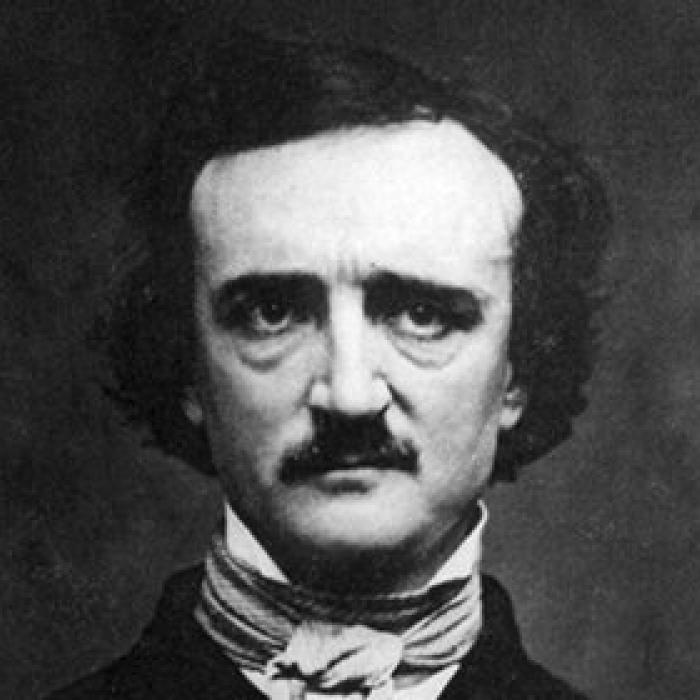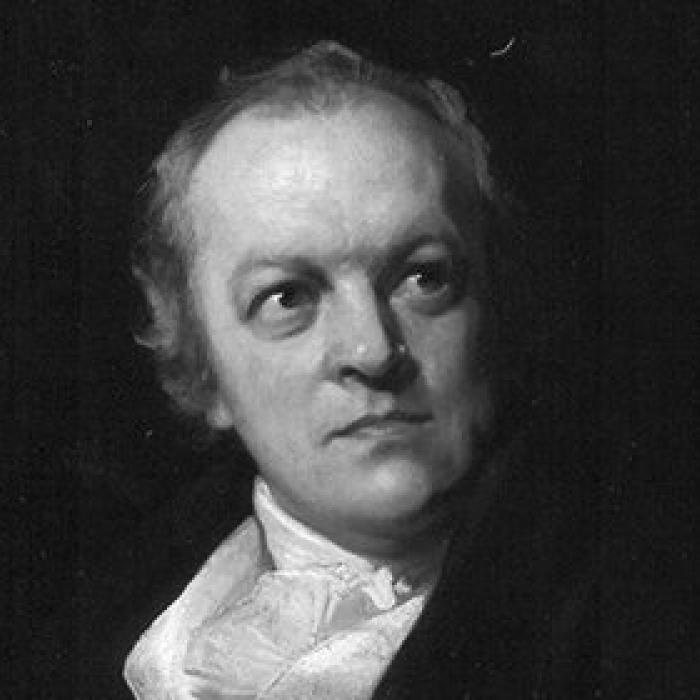Manuel Acuña
Manuel Acuña, born on August 27, 1849, to Francisco Acuña and Refugia Narro in Saltillo, Coahuila, was a prominent Mexican poet, playwright, and intellectual whose work helped shape nineteenth-century Mexican Romanticism. Upon his move to Mexico City to study medicine, Acuña became deeply involved in the capital’s literary circles and was a founding member of the influential Sociedad Literaria Nezahualcóyotl, where he collaborated with other writers of his generation, including Ignacio Manuel Altamirano and Manuel Payno.
During his brief literary career, Acuña became widely known for his emotional intensity and Romantic lyricism. Influenced by European Romantic poets such as Gustavo Adolfo Bécquer, Lord Byron, and Heinrich Heine, as well as by Mexican literary predecessors, including Ignacio Rodríguez Galván, Acuña developed a voice that blended personal introspection with universal themes of love, idealism, and melancholy. His first poems were published in the magazine El Anáhuac in 1869 and in a pamphlet of the newspaper La Iberia titled “Ensayos literarios de la Sociedad Nezahualcóyotl” [Literary Essays of the Nezahualcóyotl Society]. This pamphlet is considered one of Acuña’s early works, as it contains, in addition to pieces by other writers, eleven poems and a prose article authored by him.
Acuña’s most famous work, “Nocturno a Rosario” [Nocturn to Rosario] (1871), is an elegy believed to have been inspired by his muse, Rosario de la Peña. Other noteworthy poems include “Ante un cadáver” [Before A Corpse], first published in Revista de México in 1871, and “Entonces y hoy” [Then and Today]. The poems were first circulated in literary journals and later included in the posthumous compilation Poesías de Manuel Acuña, published by Ignacio Altamirano in 1874 through Imprenta de I. Escalante, México.
Although his literary career was brief, Acuña became one of the most emblematic Mexican poets in Romantic literature. He died on December 6, 1873, in Mexico City.

